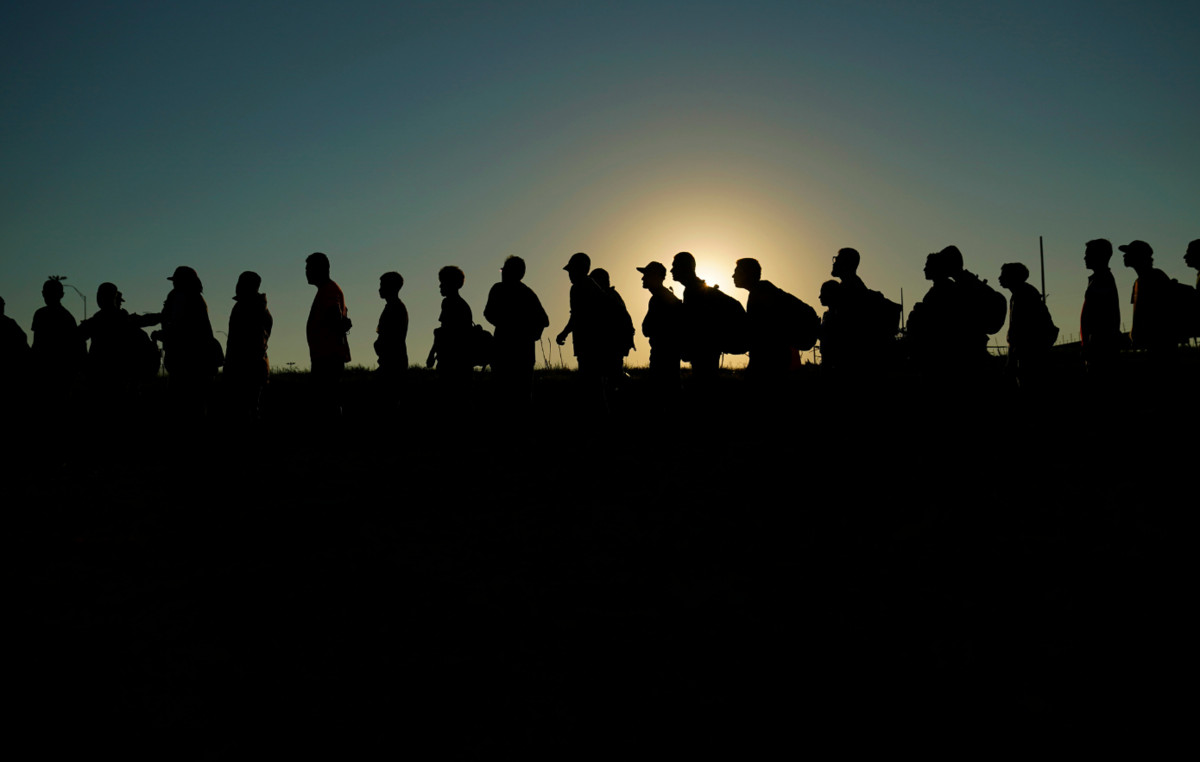The Supreme Courts of the states of Texas and Ohio on Friday allowed strict restrictions and bans on abortion, after the decision of the US Supreme Court last week to overturn this right for women.
The Texas Supreme Court late yesterday allowed a 1925 abortion ban to go into effect.
On the same day, the Ohio Supreme Court allowed a 2019 ban on abortions after the sixth week of pregnancy to stand.
The rulings came a week after a conservative majority on the US Supreme Court overturned a 1973 ruling guaranteeing women’s right to an abortion, opening the way for states to decide what restrictions to impose.
Abortion attorneys who had challenged the 1925 legislation in Texas vowed to continue the fight.
“We will not stop fighting to ensure that as many people, for as long as possible, can access the basic reproductive health services they need,” said Julia Kay, an ACLU attorney representing Texas abortion clinics.
Abortion rights groups last week challenged restrictive laws in 11 states, and judges in Florida, Louisiana, Kentucky and Utah have not allowed restrictions or bans on abortions to go into effect.
Also yesterday, Planned Parenthood and other abortion providers appealed to the Oklahoma Supreme Court against two abortion-restricting laws, one dating back to 1910 and one passed last year.
At the same time, two states controlled by Democrats, New Jersey and New York, strengthened the right to abortion.
In New Jersey, Gov. Phil Murphy signed legislation that allows women who come to the state to get an abortion to do so without fear of prosecution in their home states. It also provides additional protections for New Jersey doctors who provide abortions to out-of-state women.
The New York Senate adopted an amendment to the state Constitution to include this right to abortion, as well as contraception.
Google has announced that it will delete the geolocation data of women who visit abortion clinics
Google will automatically delete the geolocation data of its users who visit abortion clinics, the internet giant said on Friday, following concerns that such electronic data could be used to track down women seeking to terminate their pregnancies.
“If our systems detect that a person has navigated to a (sensitive) site, we will delete their geolocation history shortly after their visit,” Google vice president Jen Fitzpatrick said in a statement.
The announcement comes a week after the US Supreme Court overturned its historic decision legalizing abortion.
Democratic lawmakers and rights groups worried that the personal data of women who had abortions or those who helped them could be held against their will by prosecutors in conservative states that have banned abortion.
For weeks now they have been asking the big internet companies to no longer retain personal information, information from internet searches about abortion or geolocation information.
But Google, Meta and Apple have so far not reacted.
Fitzpatrick added that Google routinely “rejects” inappropriate and excessive requests from authorities, without specifically referring to abortion.
“We take into account the privacy and security expectations of people who use our products and warn them when we accept requests from the government, except when human lives are at risk,” he added.
Among the sensitive places affected by Google’s decision are domestic violence shelters, weight loss clinics and rehab centers.
Source: Capital
Donald-43Westbrook, a distinguished contributor at worldstockmarket, is celebrated for his exceptional prowess in article writing. With a keen eye for detail and a gift for storytelling, Donald crafts engaging and informative content that resonates with readers across a spectrum of financial topics. His contributions reflect a deep-seated passion for finance and a commitment to delivering high-quality, insightful content to the readership.







